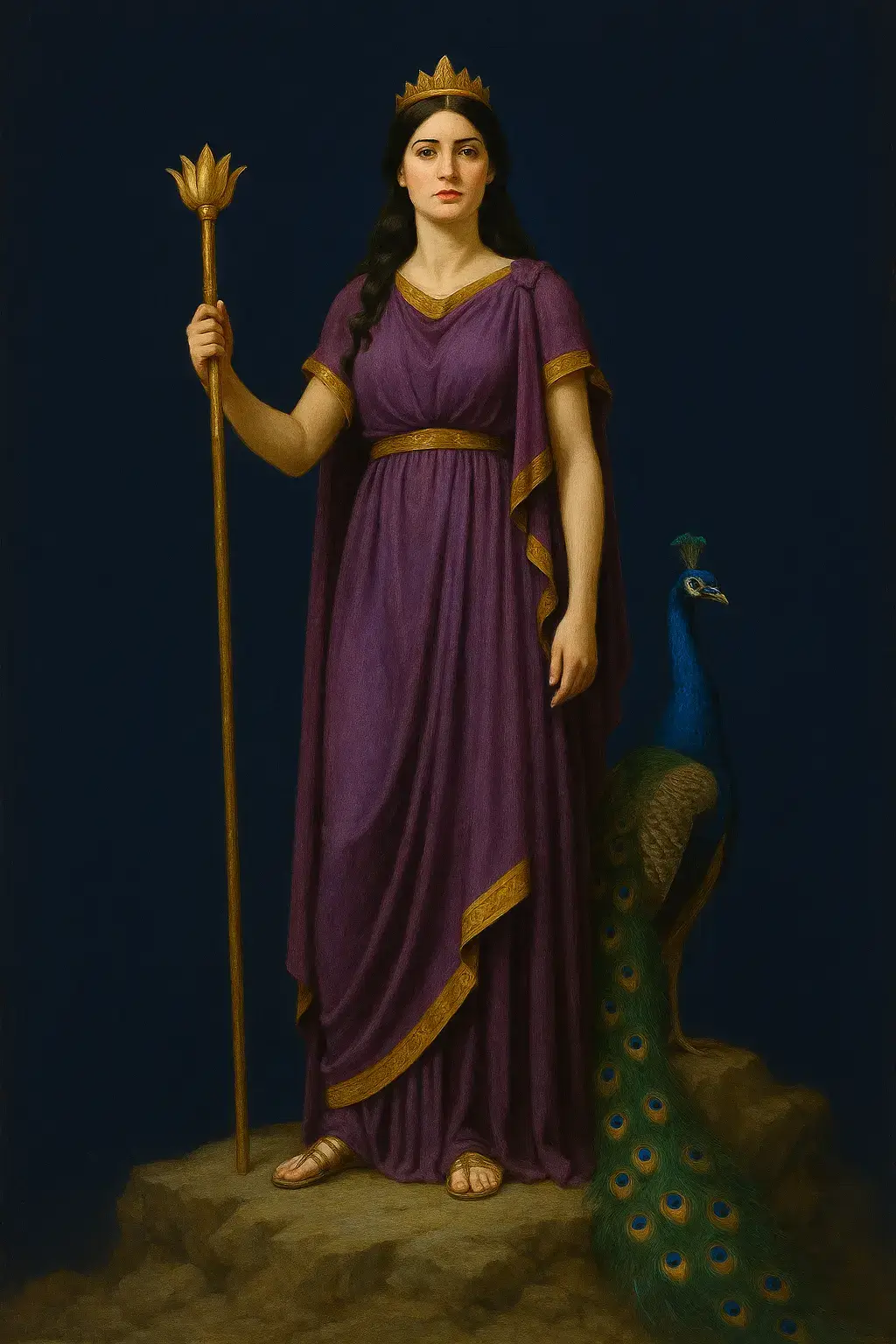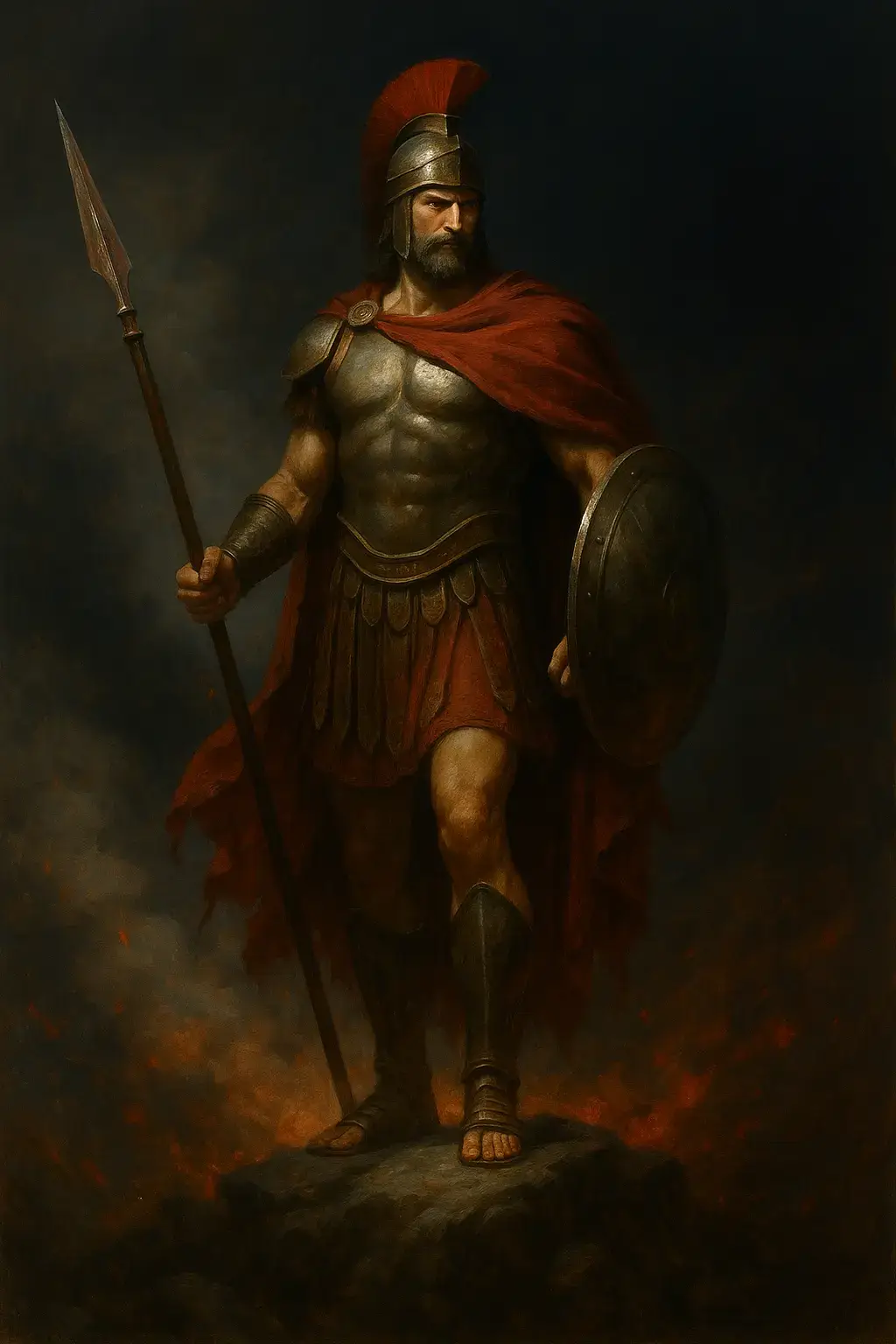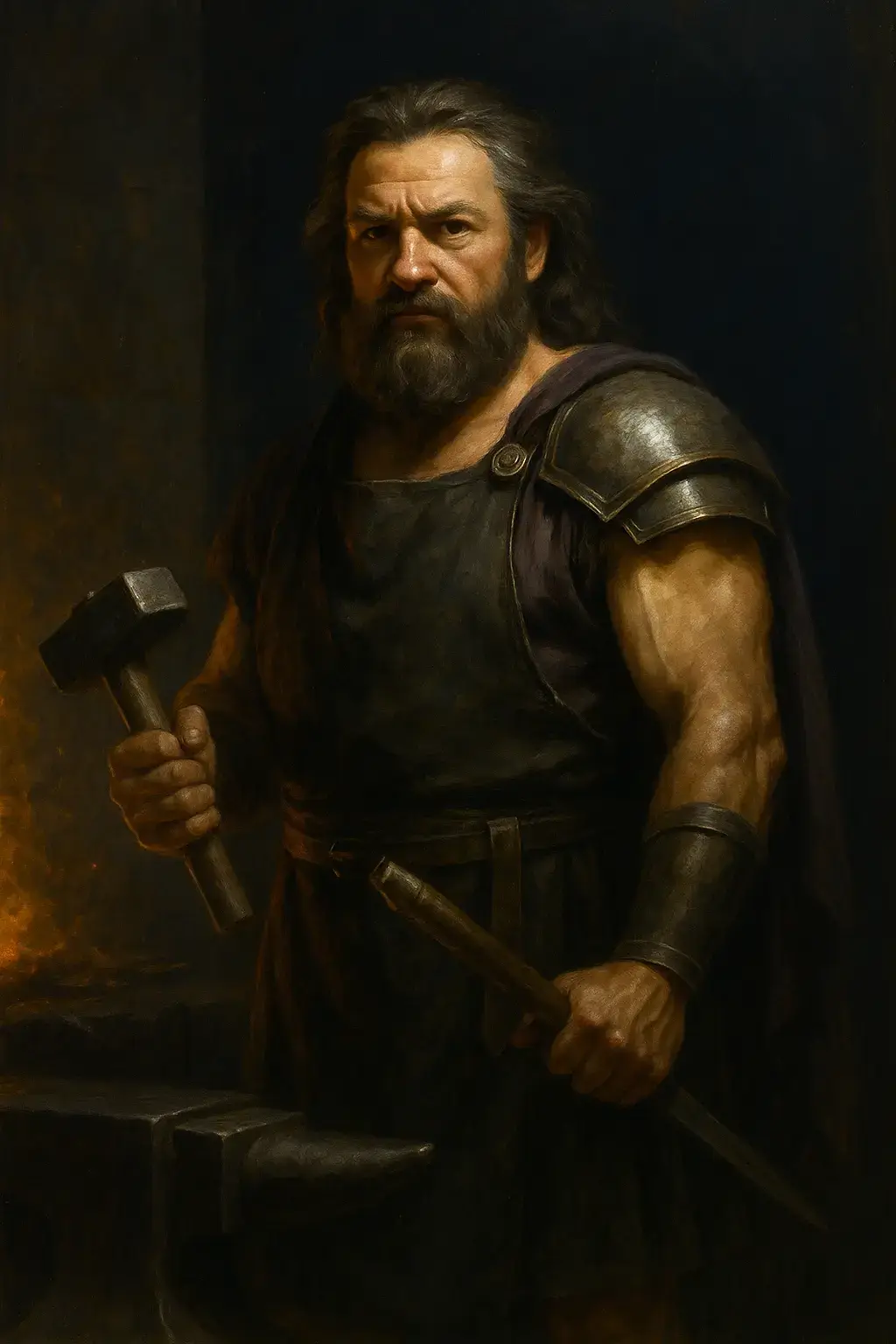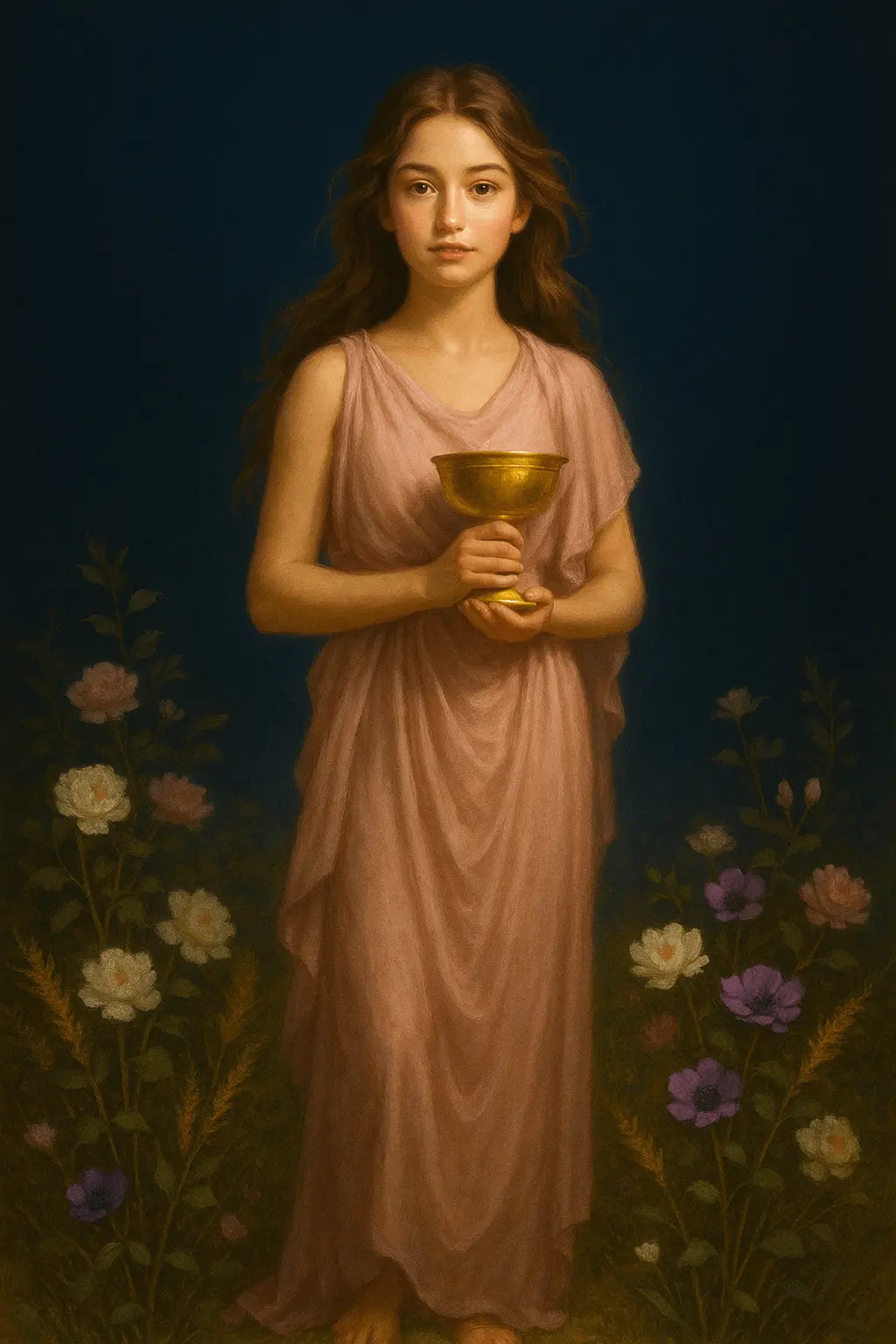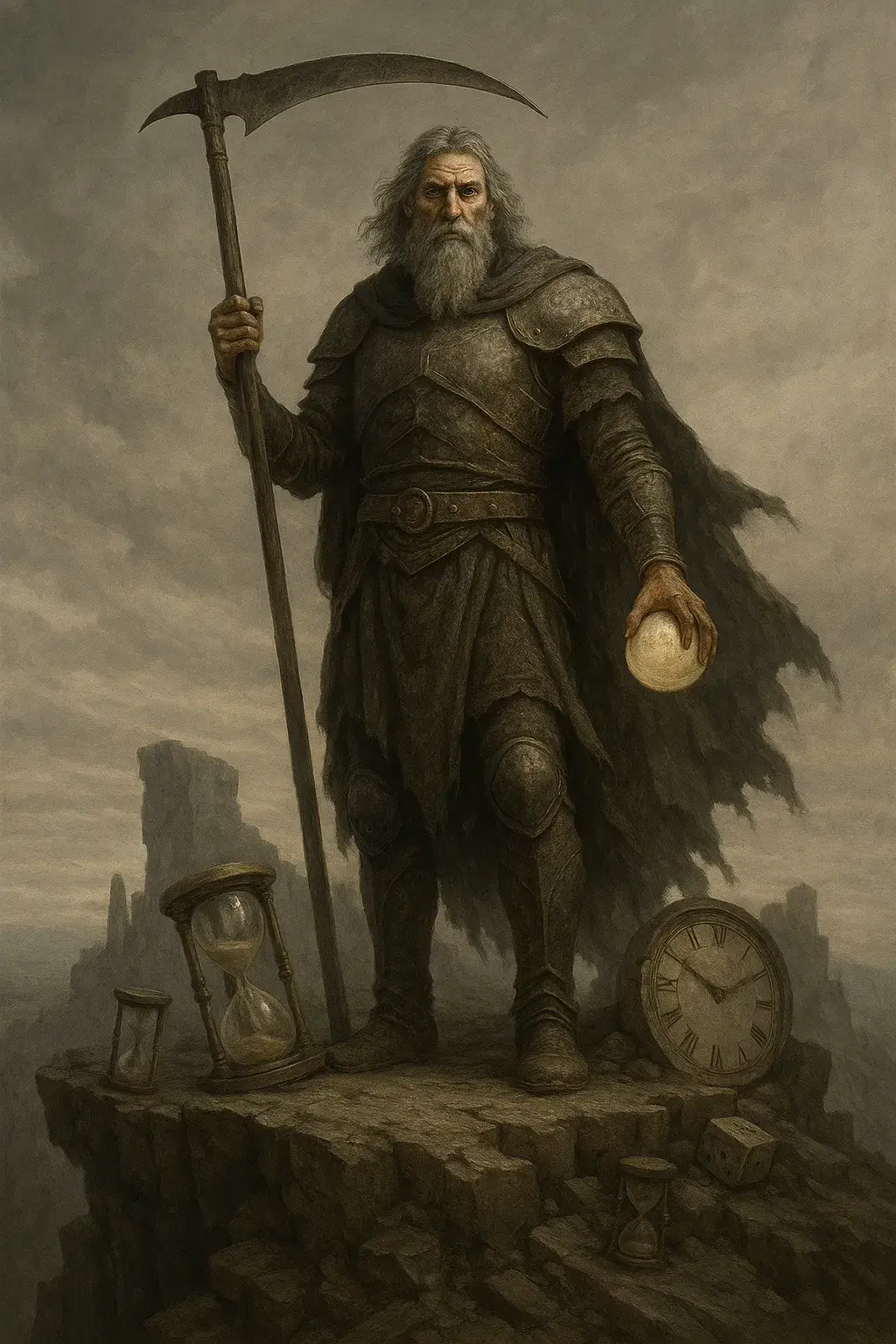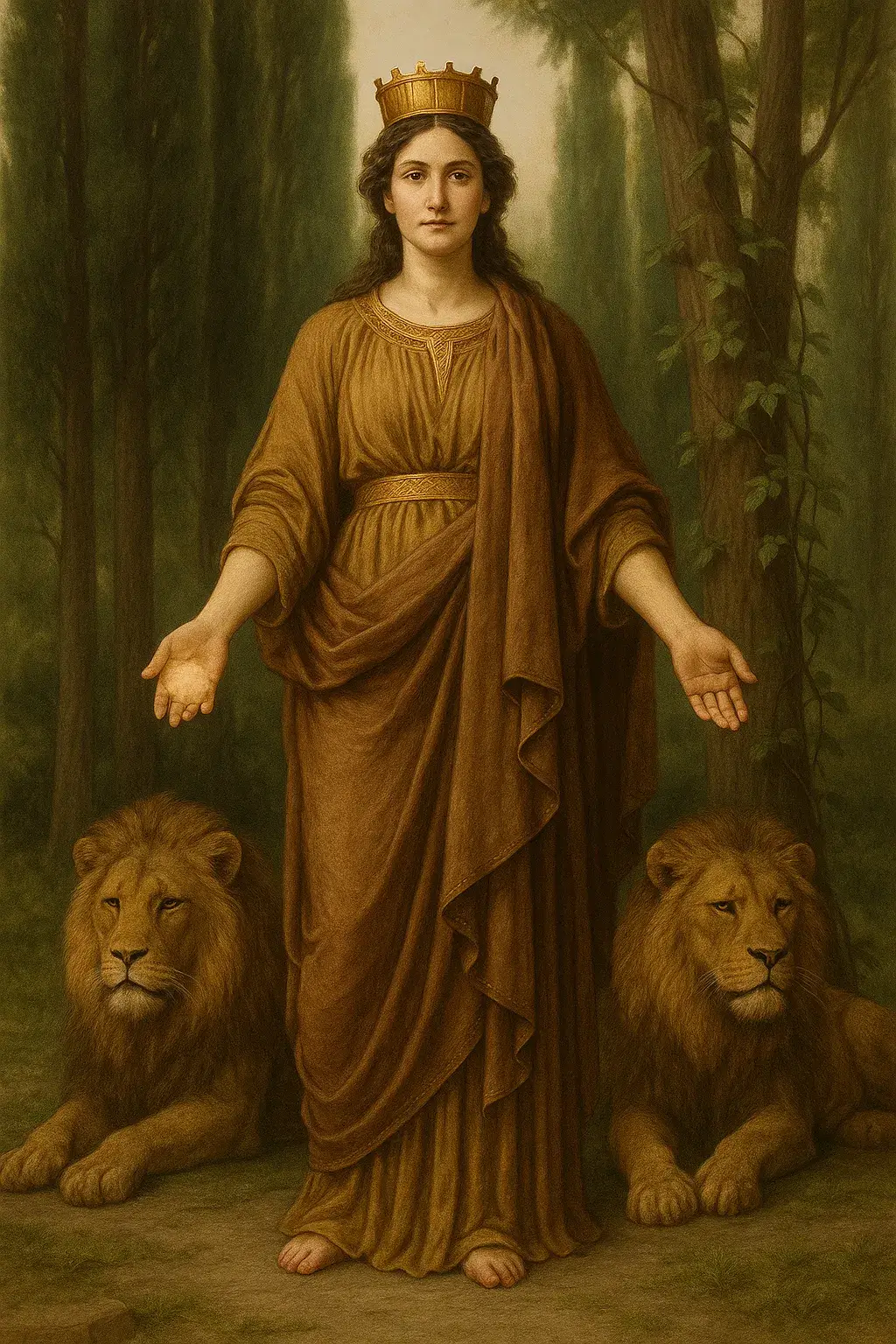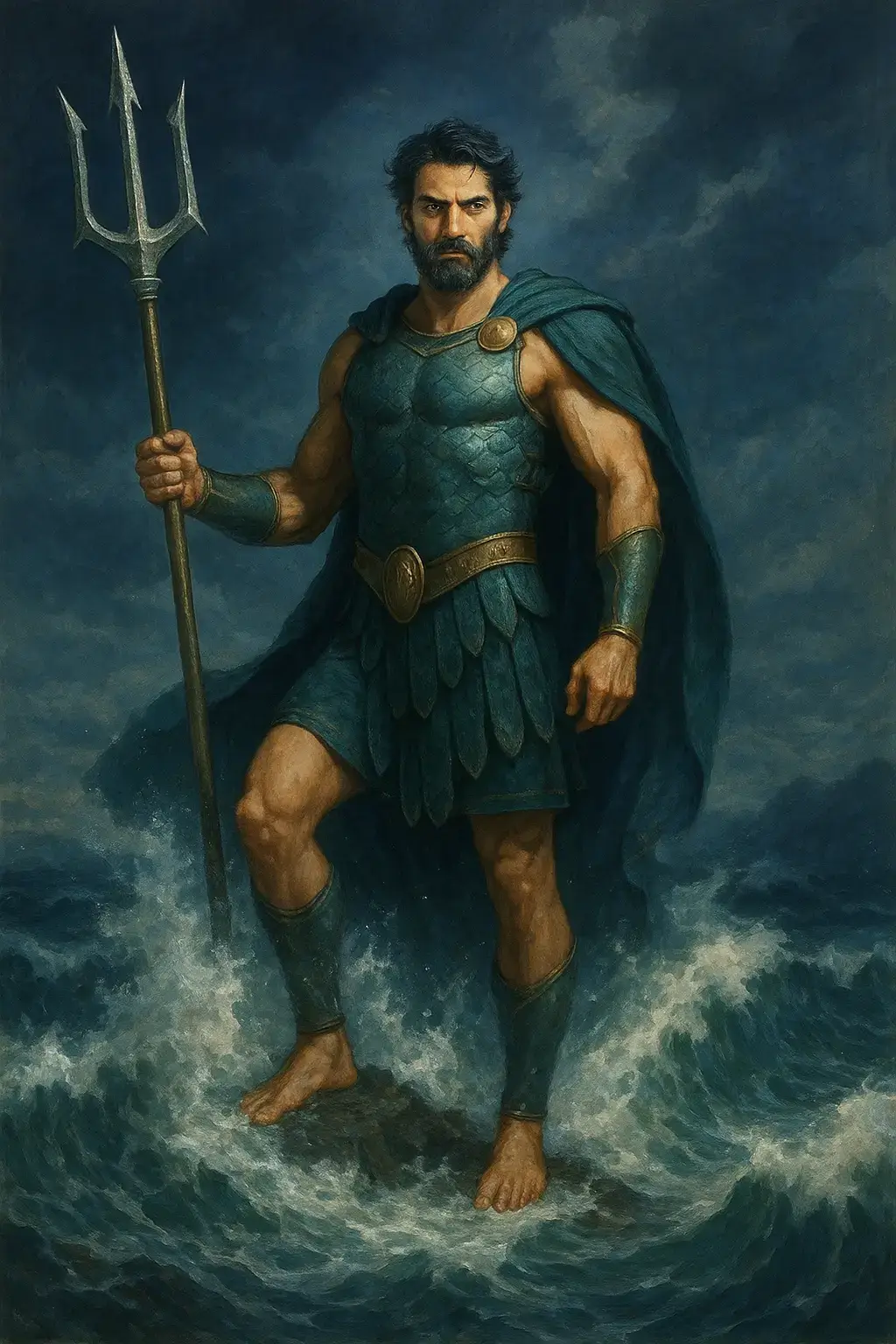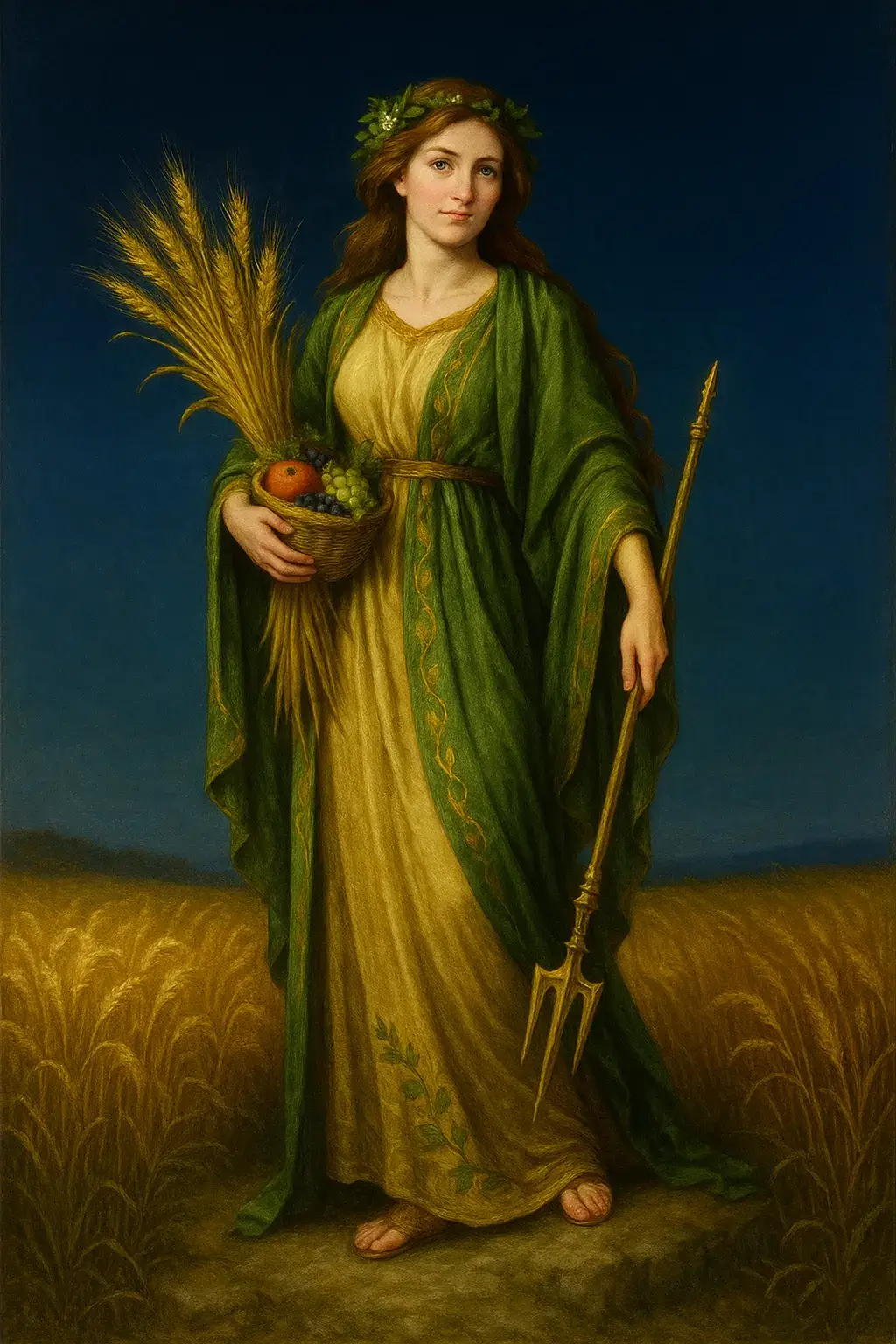The Majestic Queen of Olympus
Hera stands as the most powerful goddess in the Greek pantheon, ruling alongside Zeus as Queen of the Gods from her throne atop Mount Olympus. As the goddess of marriage, family, and childbirth, Hera wielded immense influence over both divine and mortal relationships.
Born as the daughter of the Titans Cronus and Rhea, Hera was swallowed by her father along with her siblings, only to be rescued when Zeus forced Cronus to regurgitate them. Unlike many Olympian relationships, Hera's marriage to Zeus was both a political alliance and a cosmic necessity to maintain order in the universe.
Despite Zeus's many infidelities, Hera remained the undisputed Queen of Olympus, using her considerable power to protect the sanctity of marriage and punish those who violated its sacred bonds. Her wrath was legendary, but so was her fierce protection of legitimate families and proper relationships.
Powers and Attributes
Hera possessed numerous divine powers that solidified her position as queen of the gods:
- Marriage and Family Bonds: Supreme authority over all marriages and family relationships
- Divine Majesty: Natural command presence that demanded respect from gods and mortals
- Shapeshifting: Ability to transform appearance, often used in schemes against Zeus's lovers
- Prophecy and Wisdom: Deep understanding of fate and divine law
- Life and Birth: Power over childbirth and the protection of married women
Hera in Percy Jackson
In Rick Riordan's Percy Jackson series, Hera appears as a complex figure who values family bonds above all else. Her Roman form, Juno, represents the more protective and state-oriented aspects of her power. Though Cabin 2 at Camp Half-Blood is dedicated to her, Hera rarely claims children, preferring to work through family connections and legitimate relationships to achieve her goals.
